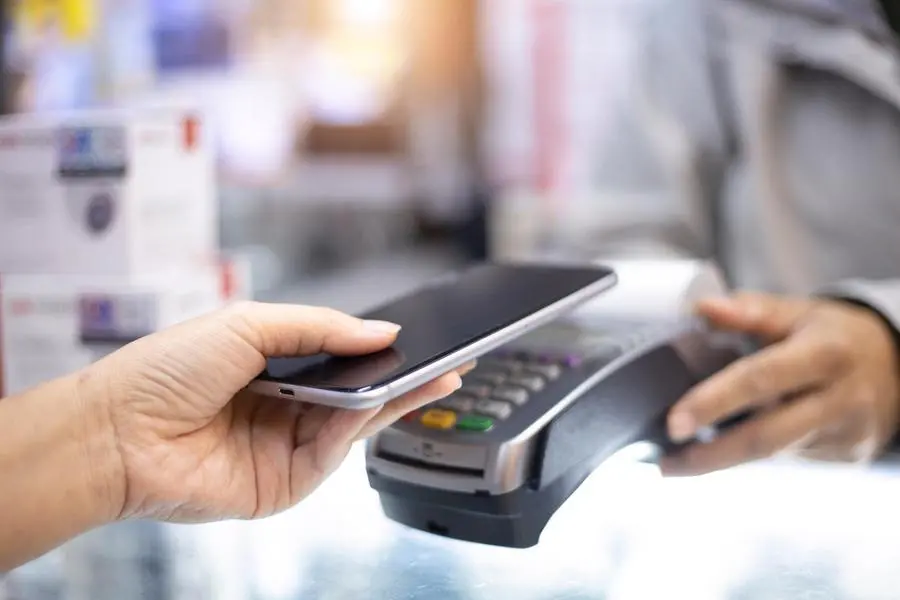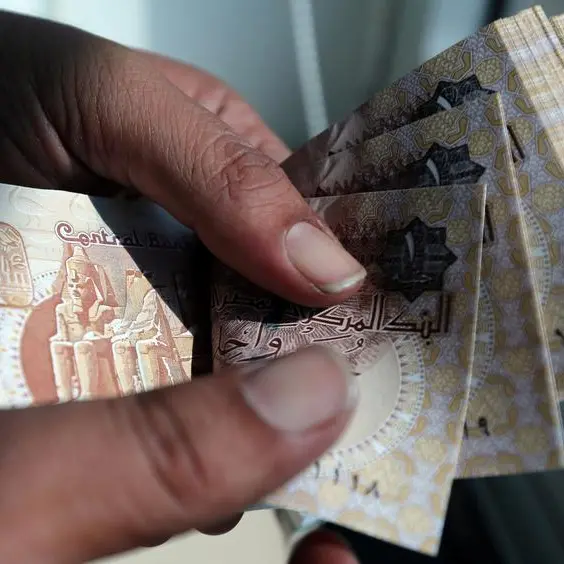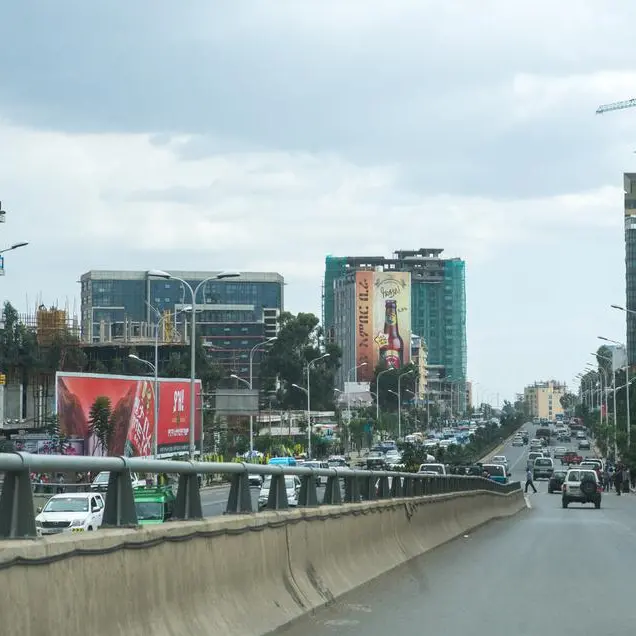PHOTO
Despite the recent surge in digital payments in the UAE, almost three fourths of all transactions are still offline, thus presenting a huge opportunity, a senior industry player said.
“I think there’s a huge room for growth in digital payments. And that’s a great opportunity and responsibility as well on payments providers on regulators, basically to protect data privacy, to make sure that they combat fraud,” Marwan Nader, director of global partnerships at PayerMax, told Khaleej Times in an inteview on the sidelines of Seamless Middle East 2024.
Digital payments will give opportunity for people to transact in a more seamless way and simplifying the friction removing any friction from the payment, journey or payment experience and also in other countries, Nader said. “Where infrastructure, especially cards and wallets, like digital wallets like Apple Pay and Google Pay are not yet very prevailing, like let’s say in Egypt, or in Iraq, where a lot of people are still unbanked or don’t have access to cards, giving them an alternative payment route or payment would boost the economy,” he added.
PayerMax was a gold sponsor at the event. “We’re positioning ourselves as a leader in innovation, building strong connections with potential partners, and showing our commitment to the future of payments across the MENA region,” Nader said.
The Middle East’s digital commerce sector is witnessing a dynamic evolution, driven by several key trends such as the rise of mobile shopping across the Middle East. PayerMax is offering seamless mobile payment options like one-click checkout and digital wallets. Another trend is in-app and on-site payments, making it easy for customers to pay within apps or directly on websites. “Plus, Middle Eastern shoppers have a variety of ways to pay, so we provide everything from cards and digital wallets to cash on delivery. Security is obviously a top concern as well, so we use cutting-edge tech to keep both businesses and customers safe,” Nader said.
PayerMax uses data analysis to understand what people are buying and how they’re paying. “We’re also exploring new technologies like AI and blockchain to make payments even more secure,” Nader said.
On emerging markets, Nader stresses that opportunities are a double-edged sword. “Sure, There are hurdles, like the fragmented payment systems in these markets, with tonnes of different ways to pay and rules depending on the location. This makes it tough for businesses to accept payments from everyone. Plus, a big chunk of the population might not have bank accounts, limiting digital payments and slowing down business growth. On the flip side, there’s a huge opportunity because digital payments are exploding in emerging markets, thanks to things like more smartphones and better internet access. This means businesses can reach new customers and expand their reach. Innovation is another plus, as these markets are often leading the way in mobile payments and new financial technology solutions. This lets businesses use these new tools to improve their payment options and get ahead of the competition. Governments are even helping by pushing digital payments through programs and regulation changes. This creates a good environment for businesses to embrace these solutions,” he said.
Copyright © 2022 Khaleej Times. All Rights Reserved. Provided by SyndiGate Media Inc. (Syndigate.info).





















